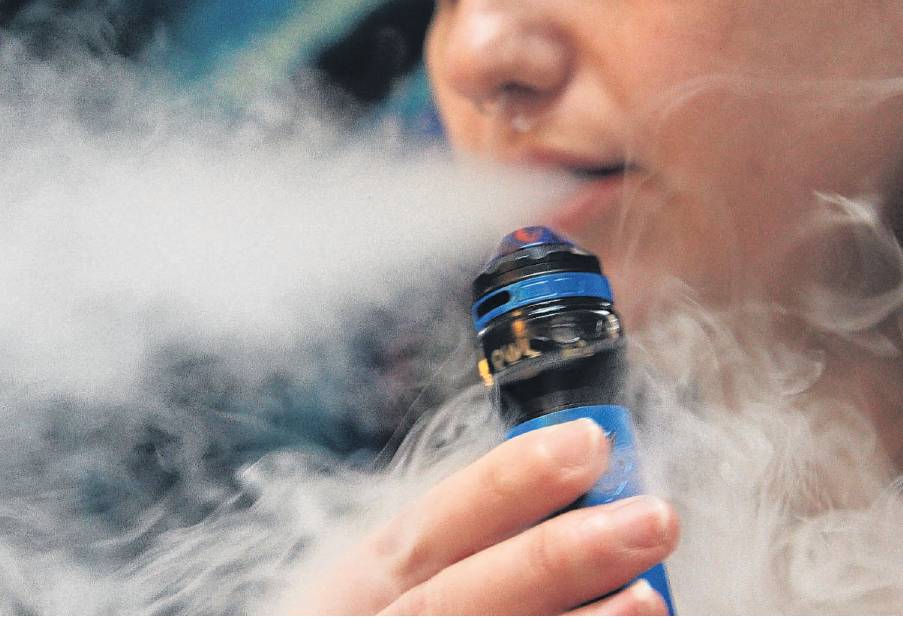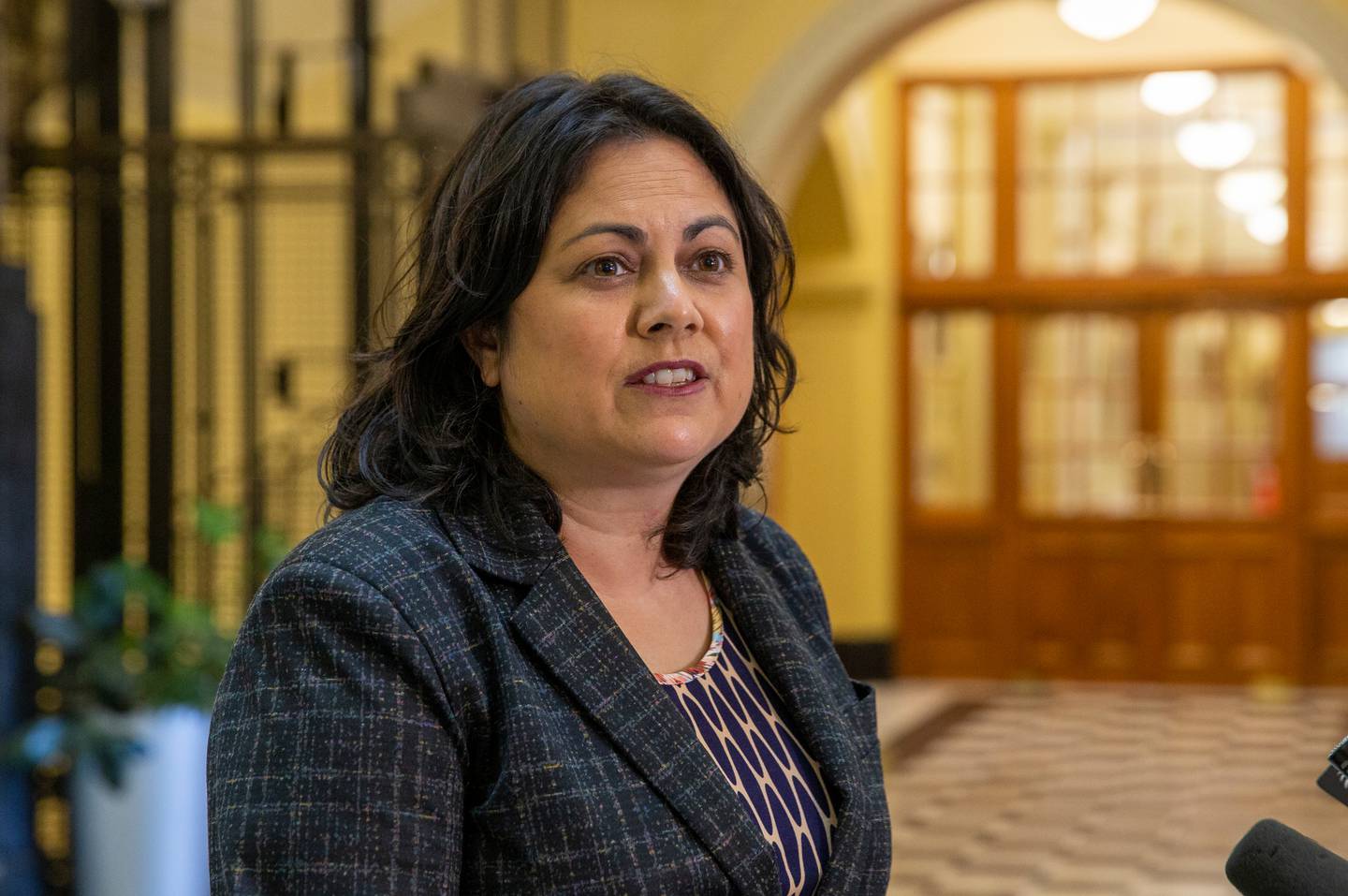
The Government is stopping new vape shops from being allowed to open within 300 metres of schools or marae, cutting down on disposable vapes and restricting the descriptions on product flavours.
From August, vapes will need child safety mechanisms.
Potentially enticing names such as "cotton candy" and "strawberry jelly donut" which accompany products will be prohibited, and only generic names describing the flavour such as "berry" allowed.
All vaping devices sold will soon need to have removeable or replaceable batteries.
From August, there will be a lead-in time of three months for disposable and six months for reusable vapes for the industry to make sure products are compliant with the law.
Verrall said this would limit the sale of cheap disposable vapes popular among young people.
"We recognise we need to strike a balance between preventing young people from starting to vape, at the same time as having vapes available as a cessation tool for those who genuinely want to give up smoking.
"These new regulations build on protections the Labour Government introduced in 2020, including banning sales to under-18s and prohibiting vape advertising and sponsorship.
Vaping had played an important role in the reduction of New Zealanders smoking over the last few years, Verrall said.
Asked why the restriction of vaping shops on proximity to schools only included new shops, not existing ones, Verrall said the existing shops had set up under the law as it was at the time.
Vape flavours like 'Strawberry donut' might be replaced with 'berry', Verrall said. "More generic names like that that restrict the ability to develop a brand that is particularly appealing to young people."

Asked why they were not made prescription-only, Verrall said she was aware this was a proposal being explored in Australia.
"We received feedback against that from some doctors in New Zealand but also, our laws have to be right for New Zealand."
"If we were to put vapes, which have a legitimate role for adults quitting (smoking) behind a barrier, then those people who face the greatest barrier accessing their GP would have the greatest barrier to quitting smoking.
"Brian Betty for example, who is the immediate past medical director of the college of general practitioners, said recently that putting prescription requirement would be a step too far in terms of vape control."
Hipkins said the changes would be phased in over the next six months to give the industry time to adjust to the new law.
"The new regulations build on the protections that the government introduced back in 2020, that included banning sales to under 18s and prohibited vape advertising and sponsorship."
There was a balance to be struck, he said.
"It's one thing to make it expensive and difficult for young people to start and carry on vaping - which is what these actions are designed to do - it's another that would be to do something that gets in the way of adults who are using vaping as an alternative to smoking, something that we support.
"Vaping has played an important role in the record reduction in New Zealanders smoking over the last few years."
The Australian government recently announced a ban on recreational vaping and the UK is considering a crack down.
The New Zealand government has ruled out following suit - at least in this term. Hipkins directed the health minister to bring some suggestions to Cabinet.
The number of people smoking had fallen by 56,000 people in the last year, Hipkins said.
A recent survey by ASH New Zealand showed there was a 209 percent increase in daily vaping among 13- to 14-year-olds.
Ministry of Health statistics showed the number of young New Zealanders aged 15 to 17 who vaped every day had quadrupled in three years, from 2 percent in 2018-19 to 8 percent in 2021-22.
For rangatahi Māori, particularly girls, vaping rates were even higher.
The smokefree 2025 goal was a tobacco control goal, Verrall said.
"I'm not saying vapes are good for you but they are far, far less harmful than tobacco."












